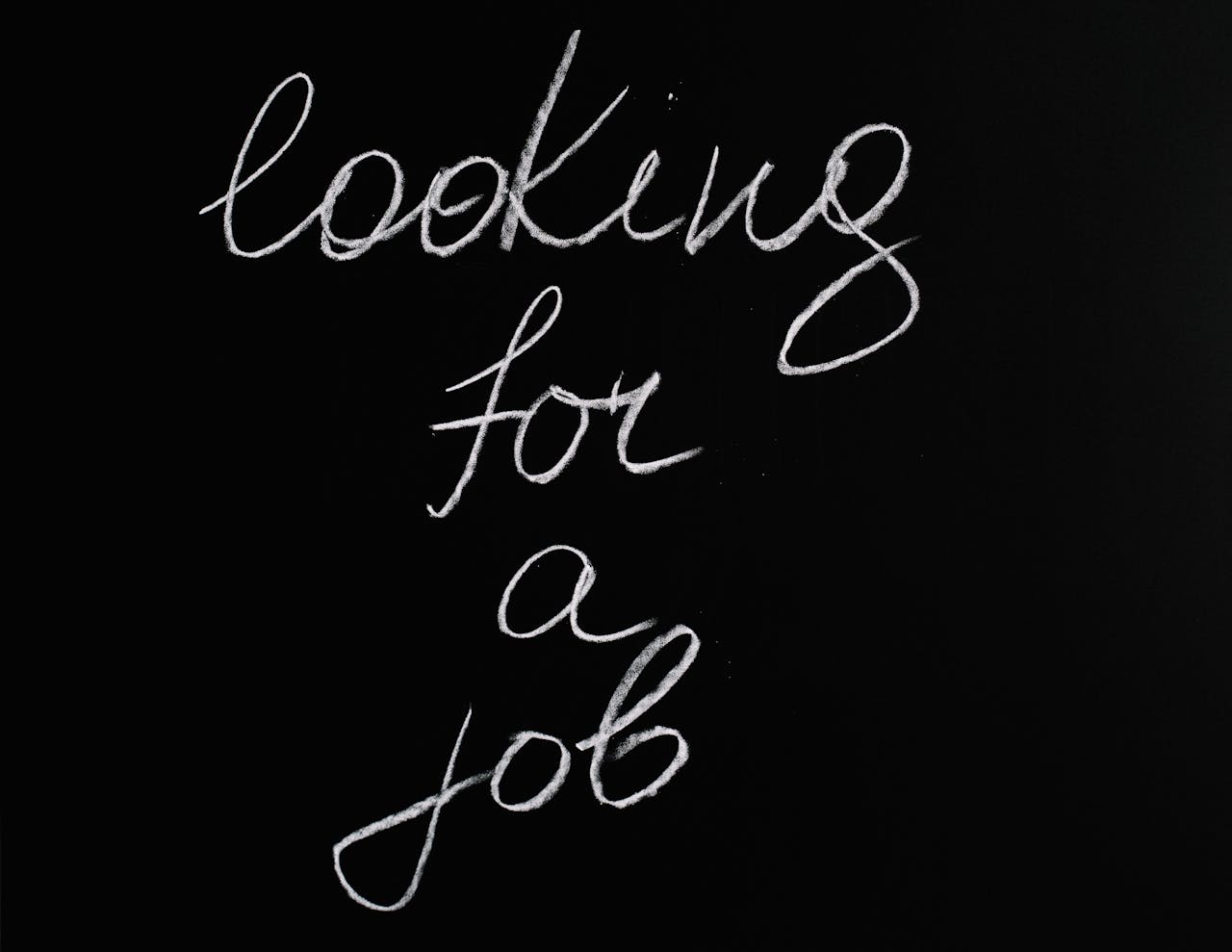Effective communication is a crucial part of the job hunting process. It can make the difference between landing your dream job and missing out on a great opportunity. Here are some best practices to help you communicate effectively during your job search.
- Craft a Professional Email
When reaching out to potential employers, your emails should be clear, concise, and professional. Use a formal tone, proper grammar, and correct spelling. Start with a polite greeting, introduce yourself, and state the purpose of your email. Close with a courteous sign-off and your contact information.
- Prepare for Phone and Video Interviews
Phone and video interviews are common in the initial stages of the hiring process. Ensure you are in a quiet environment with good reception and minimal background noise. For video interviews, dress professionally and ensure your background is tidy. Practice speaking clearly and confidently. It’s also helpful to have a copy of your resume and a list of questions for the interviewer on hand.
- Follow Up After Interviews
Following up after an interview shows your enthusiasm for the position and keeps you on the employer’s radar. Send a thank-you email within 24 hours of your interview. Mention something specific from your conversation to personalize your message and reiterate your interest in the role.
- Network Effectively
Networking is a powerful tool in the job hunt. Reach out to industry professionals on LinkedIn, attend networking events, and join relevant groups. When contacting someone for the first time, introduce yourself, explain why you are reaching out, and express your interest in their work. Always be polite and respectful of their time.
- Be Clear and Concise
Whether you’re writing emails, speaking in interviews, or networking, clarity and conciseness are key. Get to the point quickly and avoid rambling. Employers appreciate candidates who can communicate their skills, experience, and goals effectively without unnecessary detail.
By following these communication best practices, you’ll present yourself as a professional and thoughtful candidate, increasing your chances of landing the job you want. Remember, every interaction is an opportunity to make a positive impression, so take the time to communicate thoughtfully and effectively.




